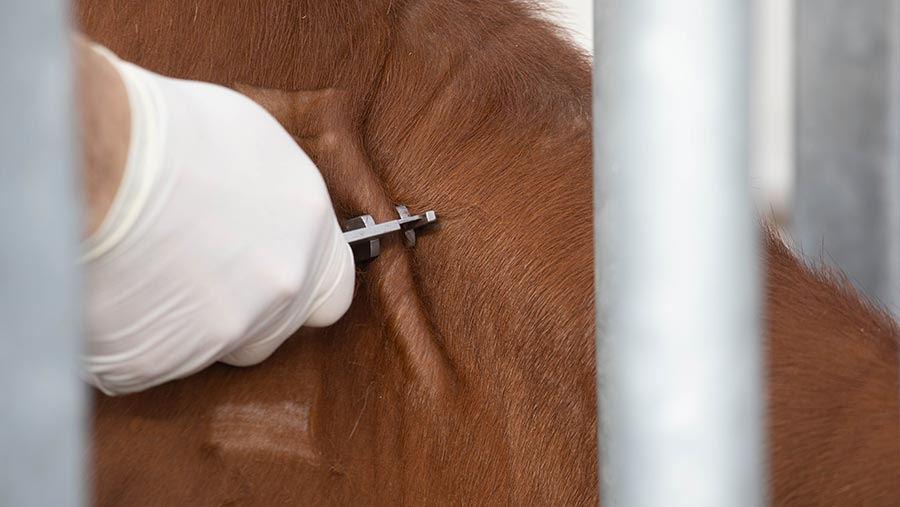Refreshed TB programme announced for Wales
 © Tim Scrivener
© Tim Scrivener Pre-movement testing of cattle for bovine TB is to be reinstated in parts of Wales because the number of herd breakdowns is on the rise. This announcement comes despite historically low rates of the disease.
Announcing its new TB Eradication Delivery Plan for 2023-2028 on Tuesday 28 March, the Welsh government said it would introduce legislation to make pre-movement testing compulsory for farmers in low-TB areas, including Anglesey, for moving cattle within or out of those regions.
The number of herd breakdowns on Anglesey is at an eight-year high.
There are also changes ahead for farmers in intermediate TB areas, including Builth Wells, Newtown, Welshpool, where there will be a requirement for post-movement testing of cattle bought in from high-risk areas in Wales and England and from Northern Ireland.
In Pembrokeshire, a county with a worsening TB picture, stringent cattle controls will go further, with a project to identify residual disease risk in cattle that test clear.
Animals considered high risk could be slaughtered, and enhanced biosecurity measures introduced and overseen by vets.
Feeding unpasteurised milk to livestock on farms that have had their TB-free status officially withdrawn (OTFW) will be banned.
Wildlife controls
Farmers hoping for wildlife controls beyond localised badger vaccination were left disappointed.
There will be no culling, but the badger vaccination programme will be stepped up, including on a part of Anglesey known as Holy Island, to prevent the disease spreading from cattle to badgers.
It was also suggested that some actions – for instance, farm biosecurity requirements, could be linked to payments in the new Sustainable Farming Scheme.
A new TB Eradication Programme Board, with members appointed by ministers for the first time, will be set up later this year.
The government said its new measures would make Wales TB-free by 2041.
Latest figures show that 5.3% of cattle herds in Wales have TB, down from 7.8% in 2009, when the disease peaked.
In the 12 months to December 2022 there were 599 new herd incidents and 9,516 cattle slaughtered.
In her statement, rural affairs minister Lesley Griffiths said the theme of the new programme was “partnership working’’.
“We cannot eradicate TB alone, without the support, engagement and ownership of the farming industry and veterinary profession.”
